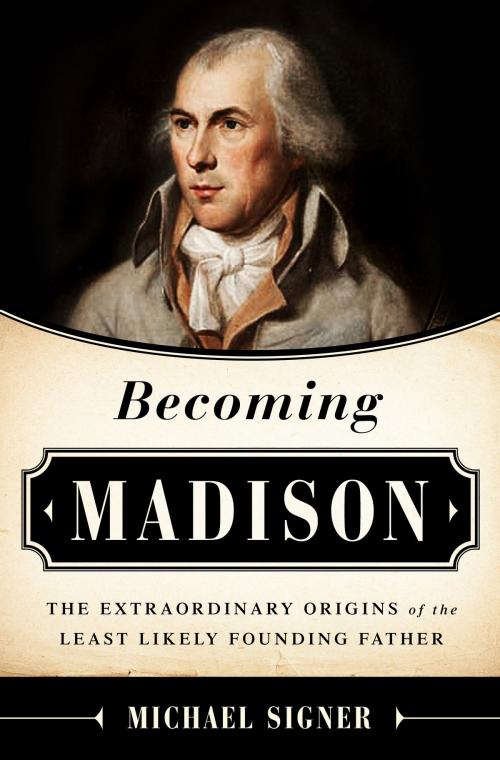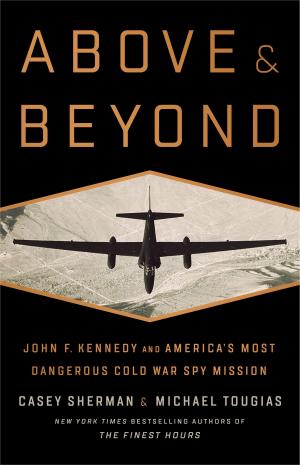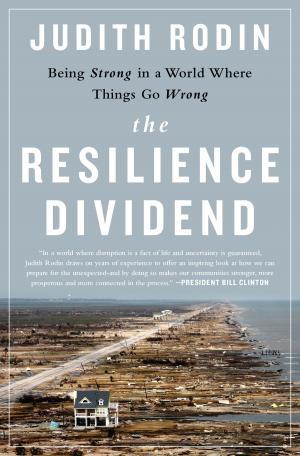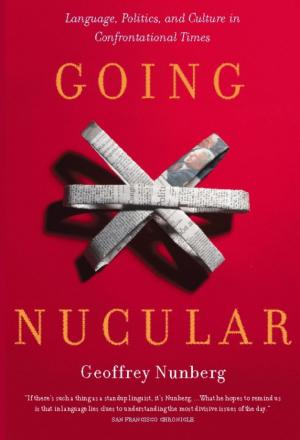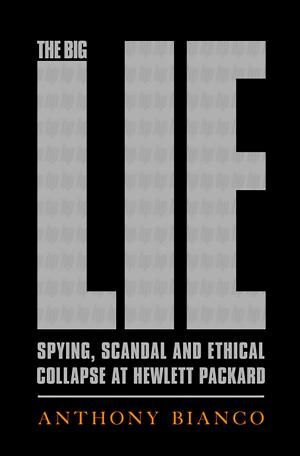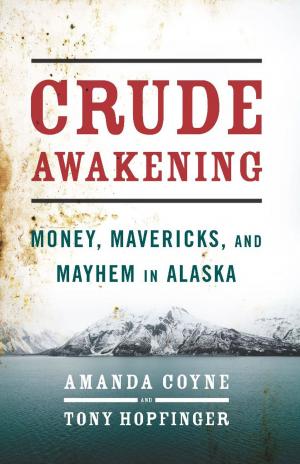Becoming Madison
The Extraordinary Origins of the Least Likely Founding Father
Nonfiction, History, Americas, United States, Revolutionary Period (1775-1800), Biography & Memoir, Political| Author: | Michael Signer | ISBN: | 9781610392969 |
| Publisher: | PublicAffairs | Publication: | March 10, 2015 |
| Imprint: | PublicAffairs | Language: | English |
| Author: | Michael Signer |
| ISBN: | 9781610392969 |
| Publisher: | PublicAffairs |
| Publication: | March 10, 2015 |
| Imprint: | PublicAffairs |
| Language: | English |
In 1941 the historian Irving Brant wrote, Among all the men who shaped the present government of the United States of America,” Brant wrote, the one who did the most is known the least.” Brant concluded, When a man rises to greatness in youth, it is with his youth that we should first concern ourselves.”
Seven decades have passed since Brant wrote those words. Yet, through the history's increasingly dusty lens, Madison has become ever more a stranger. The default impression of Madison remains as remote and severe as the title of a 1994 book: If Men Were Angels: James Madison and the Heartless Empire of Reason. Most Americans, if they know anything about him at all, see him as calculating, intellectual, politically astute, dry, and remote.
This book finally attempts to answer Brant's call. Madison's life had two major acts, but like a backward play, the climax occurred after the first. In researching that crucial first act, the research, Signer found, again and again, a surprising pattern. Madison was a fighter. He usually did not want to fight. He took no joy in the public arena and in the confrontation with other men. Indeed, the conflicts often left him so anxious he became physically sick. But he saw the fights as necessary events in the larger purpose of the life he set out for himself at a young age: to push the American state to achieve its potential, no matter what obstacles the country and small-minded men might throw in his way.
Young James Madison's reluctant but firm decision to hurl himself into the ring, again and again, for the common good prove that leadership is possible in a democracy, and that ideas can make a difference. His story shows how much democracy depends on leaders like Madison, and how hollow democracy will be without statesmen.
Signer's book takes the reader into a journey of how Madison became Madison. The stunning story of his victories is simply incomprehensible without the passion, charisma, energy, humor, and fierceness of Madison the actual man.
In 1941 the historian Irving Brant wrote, Among all the men who shaped the present government of the United States of America,” Brant wrote, the one who did the most is known the least.” Brant concluded, When a man rises to greatness in youth, it is with his youth that we should first concern ourselves.”
Seven decades have passed since Brant wrote those words. Yet, through the history's increasingly dusty lens, Madison has become ever more a stranger. The default impression of Madison remains as remote and severe as the title of a 1994 book: If Men Were Angels: James Madison and the Heartless Empire of Reason. Most Americans, if they know anything about him at all, see him as calculating, intellectual, politically astute, dry, and remote.
This book finally attempts to answer Brant's call. Madison's life had two major acts, but like a backward play, the climax occurred after the first. In researching that crucial first act, the research, Signer found, again and again, a surprising pattern. Madison was a fighter. He usually did not want to fight. He took no joy in the public arena and in the confrontation with other men. Indeed, the conflicts often left him so anxious he became physically sick. But he saw the fights as necessary events in the larger purpose of the life he set out for himself at a young age: to push the American state to achieve its potential, no matter what obstacles the country and small-minded men might throw in his way.
Young James Madison's reluctant but firm decision to hurl himself into the ring, again and again, for the common good prove that leadership is possible in a democracy, and that ideas can make a difference. His story shows how much democracy depends on leaders like Madison, and how hollow democracy will be without statesmen.
Signer's book takes the reader into a journey of how Madison became Madison. The stunning story of his victories is simply incomprehensible without the passion, charisma, energy, humor, and fierceness of Madison the actual man.
